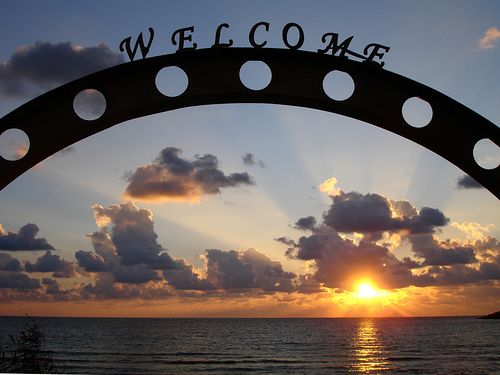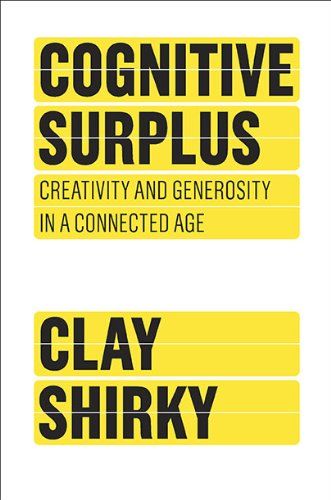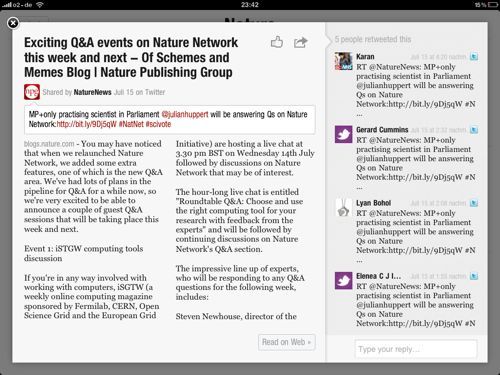
In his introductory post, PLoS community manager Brian Mossop talks about how PLoS Blogs came to life, and the lessons learned from other blogging networks. For me personally it all started a few weeks ago with a phone call one Friday evening from Pete Binfield, Publisher of PLoS ONE and the PLoS Community Journals. Since August 2007 and until today I was blogging over at Nature Network.




